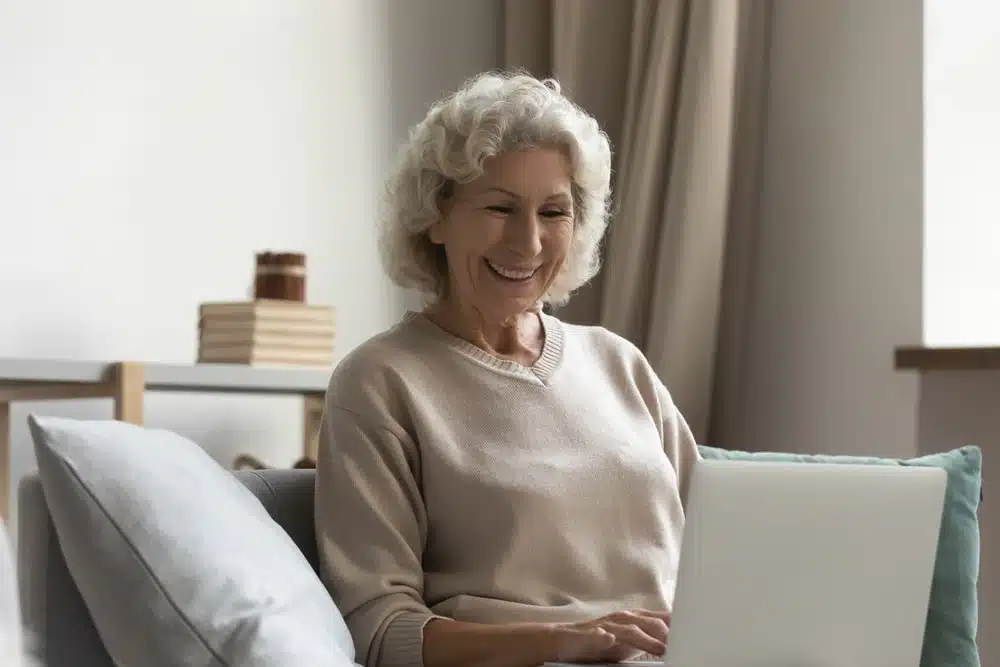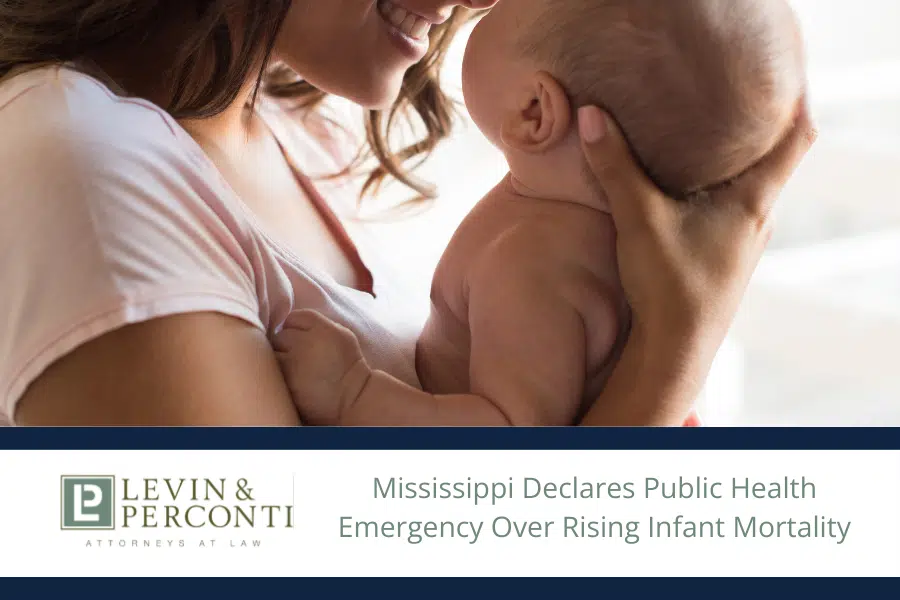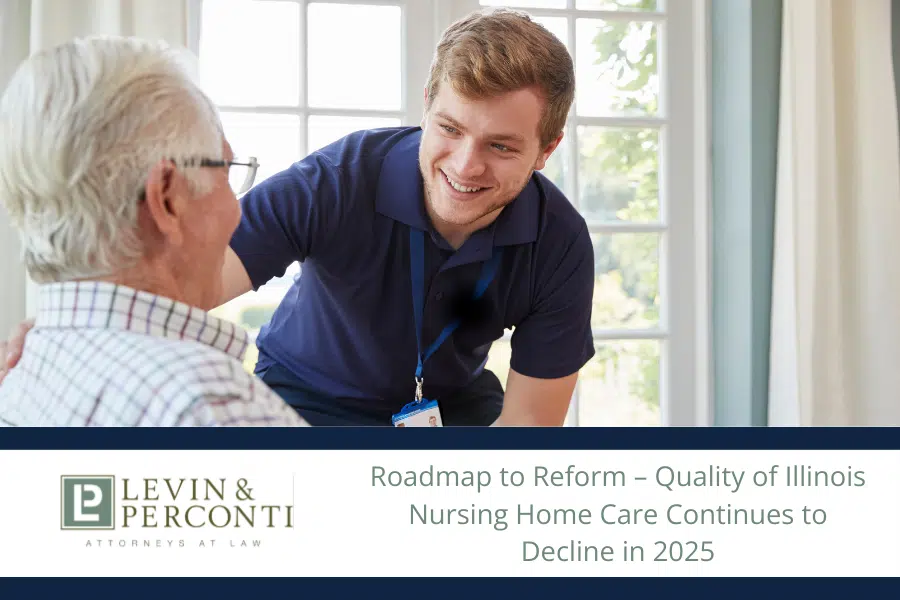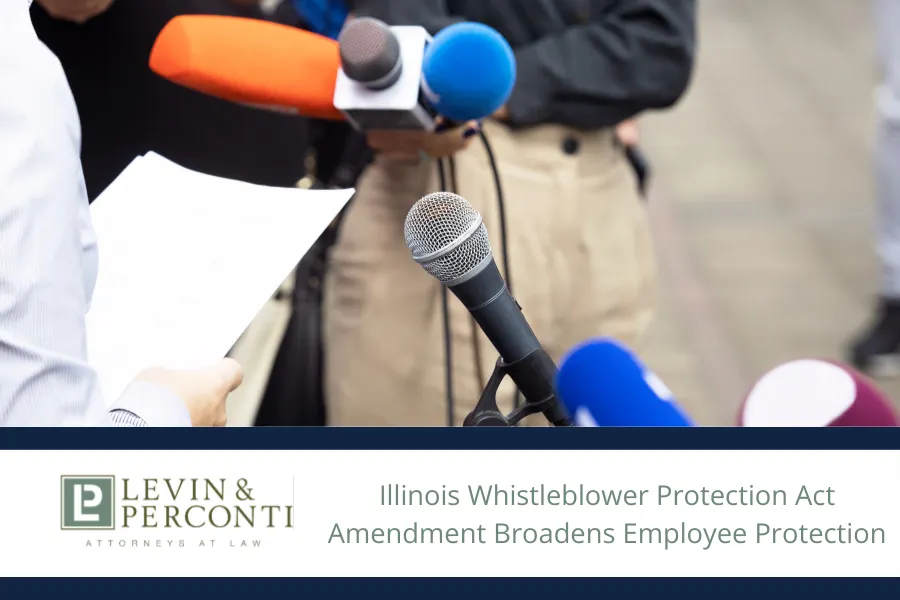
Content Reviewed by:
Steven M Levin
Content Reviewed by: Steven M Levin
Accordion Content
Since 1976, Steve Levin has been dedicated to helping people injured by others’ negligence. He is one of the first attorneys in the U.S. to prosecute nursing homes for abuse and negligence. He’s also helped write new legislation that governs the operation of nursing homes, including the Illinois Nursing Home Care Act. Moreover, Levin & Perconti has obtained the top three jury verdicts in nursing home negligence cases in Illinois.
Illinois Lawmakers Introduce “COVID-19 Safety Net” Bill Until In-Person Visitation Resumes
There have been over 70,000 positive COVID-19 cases in Illinois nursing homes and over 10,300 virus-related deaths since the pandemic began. Sadly, nearly half of the state’s total death count has been nursing home residents. Many were never able to see their loved ones in person or say goodbye to them before they passed as almost all residents and their family members were prevented from visits for some time. Although the pause was likely necessary to prevent the further spread of the highly contagious virus, it also triggered concerns of abuse and neglect going unnoticed and a call from industry advocates to do more.
Most families have been forced to use or purchase personal devices for residents, but the failure to coordinate the calls showed how ill-equipped homes and staff are. Sadly, regular calls are not a reality for most Illinois long-term care residents. For some of the luckier residents, virtual visits were enough to keep their loved ones knowing they are being looked after, especially those with cognitive disabilities such as Alzheimer’s Disease and Parkinson’s disease.
A Compassionate Plan to Open Communication Between Residents and Family
AARP Illinois is the senior advocacy group behind Senate Bill 2137, sponsored by Sen. Jacqueline Collins, D-Chicago, co-sponsored by Sen. Donald DeWitte, R-St. Charles, and sponsored by Rep. Anna Moeller, D-Elgin, in the House. The newly proposed legislation calls special attention to addressing how the ongoing pandemic prevents nursing home residents from in-person visits and participating in other daily social activities.
“This is a compassionate plan that has been worked through with listening sessions, and we want to make sure the voices and the faces of everyone we love are accessible,” said Lori Hendren, AARP Illinois Associate State Director.
SB 2137 mimics a similar law in New Jersey that requires nursing homes to offer virtual visits for residents to prevent social isolation during the COVID-19 pandemic. The law in Illinois would create social isolation prevention policies, such as creating individualized visitation plans, cleaning and sanitizing protocols for the devices, and designating a person to train staff, social workers, or volunteers to assist residents with technology use.
Bipartisan Illinois Lawmakers Agree Nursing Home Residents Deserve More
Illinois state long-term care ombudsman Kelly Richardson said nursing home residents continue to suffer the effects of social isolation and loneliness due to the pandemic, which she said can lead to irreversible damage to their care quality.
“2020 research shows that the harsh consequences of isolation and loneliness on resident quality of life are alarming,” Richardson said. “There’s a 50% increased risk for developing dementia, a 32% increase of stroke, and nearly a fourfold increased risk of death among heart failure patients. And it doesn’t have to be this way.”
Richardson went on to say that while she believes there is no substitute for human connection, this bill would serve as a safety net until in-person visitation restrictions can safely be lifted around the state.
SB 2137 passed unanimously out of the Senate Health Committee and is now awaiting consideration of the full Senate. Options for funding could come from civil monetary penalty payments from the federal Centers for Medicare and Medicaid Services using fines collected from nursing homes found in noncompliance with Medicare and Medicaid participation requirements.
25 Questions for Your Next Phone Call That Can Help Uncover the Signs of Nursing Home Abuse or Neglect
During your next phone call or virtual visit with an Illinois nursing home resident, start by leading a conversation that may help recognize care deficiencies or warn of neglect using these sample questions.
- “How are you?”
- “What activities did you do this week?”
- “Did you have a favorite meal or drink lately?”
- “Are you meeting any new friends or workers?”
- “Do you need any items for your bathroom or personal toiletries?”
- “When is the last time you had your bedsheets changed?”
- “Have you been feeling any pains or discomfort anywhere?”
- “Do you need new socks put on?
- “Have you been out of bed or wheelchair today?
- “Do you have any bedsores?”
- “When did they last change your clothes?”
- “Have you been able to go for a walk?”
- “Have you had to borrow any money to anyone?”
- “Do you still like it there?”
- “Are you hungry or thirsty?”
- “How is your medication making you feel?”
- “Are you able to use the restroom comfortably?”
- “Did you receive your COVID-19 stimulus funds? Did the nursing home ask you for any payments?”
- “Has anyone helped you wash or brush your hair?”
- “Is there anything you want to talk about?”
- “Are you scared of anything?”
- “Do you have any questions for me?”
- “I will call you again tomorrow at 9 a.m., but you can call me anytime you need to. Do you know how to call me?”
- “Has anyone hurt you?”
- “I care about you. What can I do for you today?”
The warning signs of any type of nursing home abuse and neglect should never be ignored. You need to report any concerns immediately to administrators and use the exact responses you receive from talking with your loved one. Nursing home administrators and local ombudspersons, and possibly medical staff or authorities will need to address your concerns quickly. Waiting too long only further puts residents at risk of neglect or an abusive or fatal injury.
A Long-Term Care Attorney at Levin & Perconti Is Ready to Support Your Family
Levin & Perconti’s nursing home abuse and neglect attorneys can help you or your loved one if you are considering a legal case against a U.S. nursing home. Please contact us for a free consultation at 877-374-1417 or in Chicago at 312-332-2872. All calls and discussions with our attorneys are confidential.



